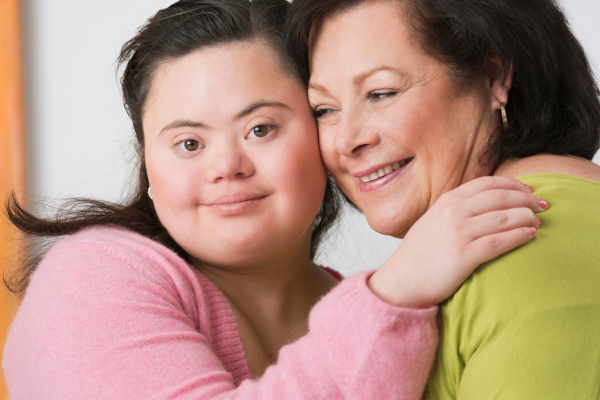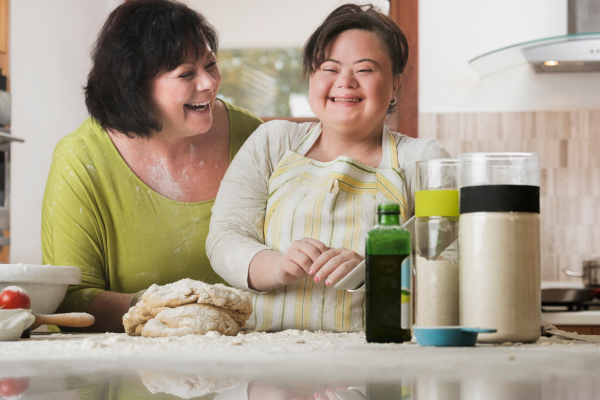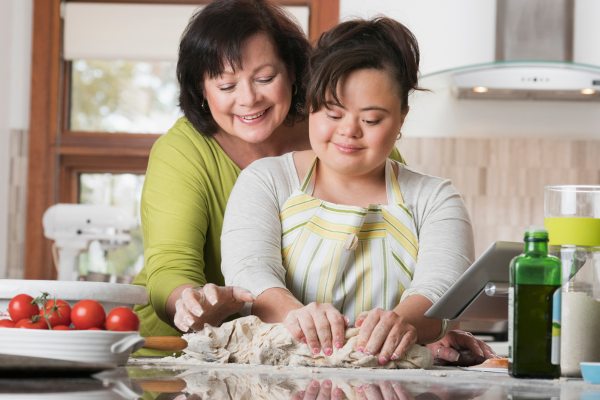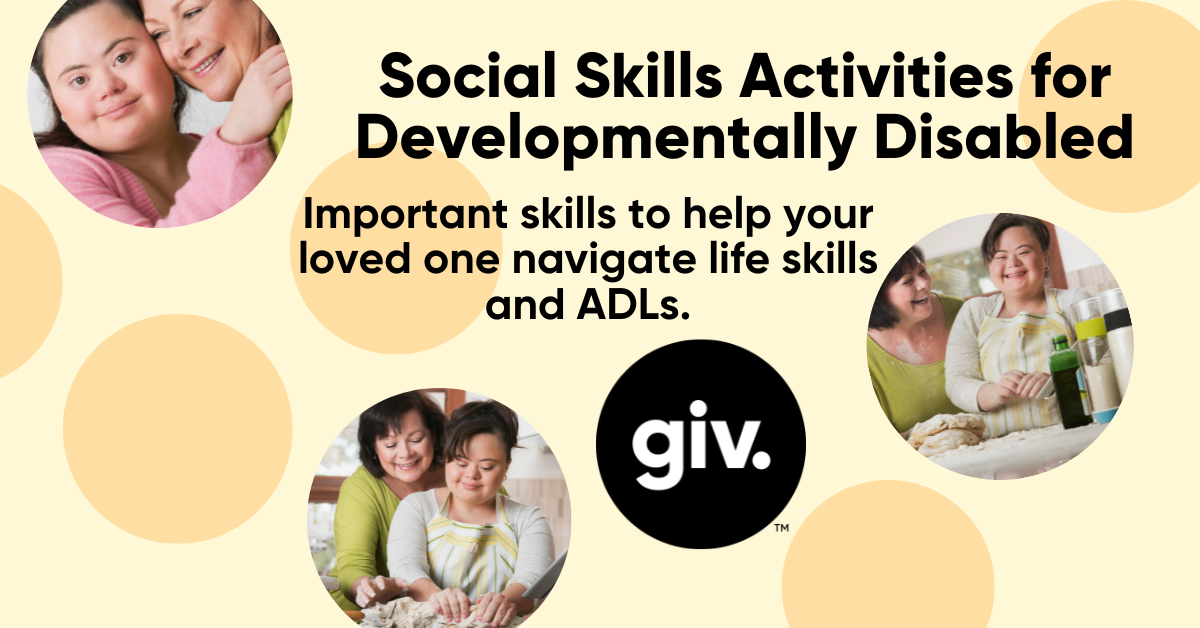At giv.care, we understand the importance of fostering social skills activities for developmentally disabled individuals. These effective activities and strategies are designed to help enhance the social skills of these individuals. By incorporating these activities into their daily lives, caregivers and loved ones can make a significant impact on their development and overall well-being.
Social Skills Activities for Developmentally Disabled
When it comes to nurturing the social skills of individuals with developmental disabilities, it’s essential to focus on activities that are engaging, inclusive, and conducive to learning. Here are some social skills activities for developmentally disabled individuals:
Role-Playing Scenarios:
Role-playing is an effective way to teach and practice social skills in a safe and controlled environment. Create scenarios that mimic real-life social situations, such as greeting others, making friends, or resolving conflicts. Encourage participants to take on different roles and interact with each other to develop their social skills.
Storytelling and Sharing:
Storytelling can be a powerful tool for improving communication and empathy. Encourage individuals to share personal stories or experiences with the group. This not only helps them express themselves but also fosters understanding and connection among participants.
Group Activities:
Engaging in group activities like board games, puzzles, or team sports can help individuals with developmental disabilities learn to cooperate, take turns, and work as part of a team. These activities provide a structured and enjoyable way to develop social skills.
Art and Creativity:
Art and creative activities, such as painting, drawing, or crafting, offer individuals a platform for self-expression. Through art, they can communicate their thoughts and emotions, making it easier for them to connect with others who may have similar experiences or feelings.
Community Involvement:
Encourage individuals to participate in community events or volunteer activities. These experiences not only promote social interaction but also help them become active members of their community, fostering a sense of belonging and purpose.

Benefits of Social Skills Activities
Engaging in social skills activities for developmentally disabled individuals offers a wide range of benefits that extend beyond improved interpersonal skills. Here are some of the key advantages:
Enhanced Communication:
Social skills activities promote effective communication, allowing individuals to express themselves more clearly and understand others better. This can lead to reduced frustration and improved relationships.
Increased Confidence:
As individuals practice and succeed in social interactions, their self-esteem and self-confidence grow. They begin to feel more comfortable in social settings and are more likely to initiate interactions themselves.
Improved Problem-Solving:
Many social skills activities involve resolving conflicts or making decisions as a group. These experiences help individuals develop problem-solving skills, which are essential for navigating daily life.
Greater Empathy:
Engaging in activities that encourage sharing and listening to others’ stories promotes empathy and understanding. Individuals become more compassionate and aware of the feelings and needs of those around them.
Enhanced Quality of Life:
By improving social skills, individuals with developmental disabilities can build stronger relationships, enjoy a more active social life, and participate more fully in their communities. This leads to an overall better quality of life.
Tailoring Activities to Individual Needs
It’s crucial to recognize that individuals with developmental disabilities are unique, and their needs may vary widely. When implementing social skills activities, it’s essential to tailor them to each individual’s abilities and preferences. Here are some tips for customization:
Assess Individual Needs:
Start by conducting assessments to understand each person’s strengths and areas for improvement in social skills. This will help you choose activities that are appropriate for their level of development.
Set Realistic Goals:
Establish clear and achievable goals for each individual. These goals should focus on specific social skills they need to work on, such as making eye contact, initiating conversations, or understanding non-verbal cues.
Provide Support:
Offer the necessary support and guidance during activities. Be patient and encouraging, and adjust the level of assistance as needed. Some individuals may require more hands-on support, while others may be more independent.
Monitor Progress:
Regularly assess and track each individual’s progress. Celebrate their successes and adjust activities or goals as they make improvements.
Encourage Feedback:
Create an environment where individuals feel comfortable providing feedback about the activities. This helps ensure that the activities remain engaging and effective.

Incorporating Social Skills into Daily Life
To maximize the impact of social skills activities, it’s essential to integrate them into individuals’ daily lives. Here are some strategies for doing so:
Consistency is Key:
Make social skills activities a regular part of the daily or weekly routine. Consistency helps individuals practice and reinforce the skills they are learning.
Reinforcement:
Encourage the use of social skills outside of structured activities. For example, praise individuals when they use good manners, share, or engage in positive interactions with others.
Create Opportunities:
Look for opportunities in everyday life where individuals can apply their social skills. This could include interactions with family members, friends, or community members.
Social Storytelling:
Use social stories or visual aids to help individuals understand and navigate social situations. These tools can provide guidance and clarity.
Collaboration:
Collaborate with other caregivers, teachers, and professionals involved in the individual’s life to ensure a consistent approach to social skills development.

Celebrating Progress
Finally, it’s essential to celebrate and acknowledge the progress made in social skills development. Recognizing achievements, no matter how small, can motivate individuals to continue working on their social skills. Here are some ways to celebrate progress:
Acknowledge Effort:
Praise individuals for their effort and dedication to improving their social skills. Let them know that their hard work is paying off.
Create Milestones:
Establish milestones or goals for social skills development and celebrate when these milestones are reached. This could include a small party or a certificate of achievement.
Share Success Stories:
Share success stories and experiences with others in the community. This can inspire and motivate individuals to continue working on their social skills.
Support Networks:
Connect individuals with support networks, such as social groups or clubs, where they can continue to practice and develop their social skills in a supportive environment.
Social skills activities for developmentally disabled individuals are essential for their growth, development, and overall well-being. By incorporating these activities into their daily lives and customizing them to individual needs, caregivers and organizations like “giv.care” can make a positive and lasting impact. Celebrating progress and recognizing the benefits of enhanced social skills can lead to more fulfilling lives for individuals with developmental disabilities, fostering a sense of belonging and connection in their communities.






